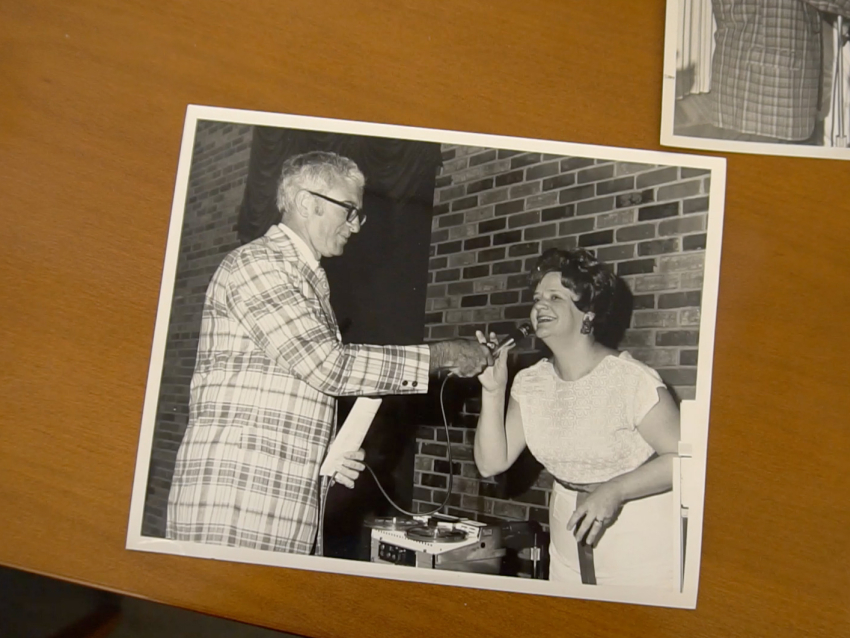When asked about the challenges she faced in school, she chuckles. “There were quite a few.” During the summers, Doughty worked to put herself through school by interning at pharmacies or the hospital. “Women weren’t accepted as pharmacists,” Doughty remembers. “There were only two or three women practicing as pharmacists in Lexington at the time. If I got a job at the pharmacy, they wanted to put me out front selling sundries instead of actually working behind the counter.”
Eventually, Doughty found a family-owned pharmacy willing to hire her: Hubbard and Curry Pharmacy in Lexington, Ky. “They would have me work in the back office, and when it got busy in the pharmacy I could help. Since I had a chemistry background, I was able to compound medications for them. I loved mixing things.”
After graduating, Doughty worked to mentor both students and pharmacists at UK’s Chandler Medical Center. It was at UK where Doughty would also meet her husband, Richard (Dick) Doughty. “It’s a classic UK story,” says Doughty. “I was invited to the building dedication for the new pharmacy building and was introduced to this new faculty member—Dick Doughty. Two years later we were married,” she says with a smirk. “I was an old woman by then too,” she jokes. “I was 32.”
Even though the Doughtys had no natural children of their own, in the 35 years they were involved with the UK College of Pharmacy, they welcomed a number of students into their home. They offered free room and board to students who would not be able to attend the University otherwise.
In all, the Doughtys sponsored eleven UK students, not all of them studying pharmacy. “I still communicate with many of them,” Doughty says. She tells stories of her UK “children” like any proud parent. The Doughty home was where students from as far as Australia and as close Kentucky could find a place to belong. And Doughty’s trailblazing spirit can still be seen at the UK College of Pharmacy, where women are now 62 percent of the student body.
Doughty was dedicated to pushing past the status quo and fighting for a better tomorrow. Her story is not just a Kentucky one, it’s a story about how we can all go beyond—beyond the script.

